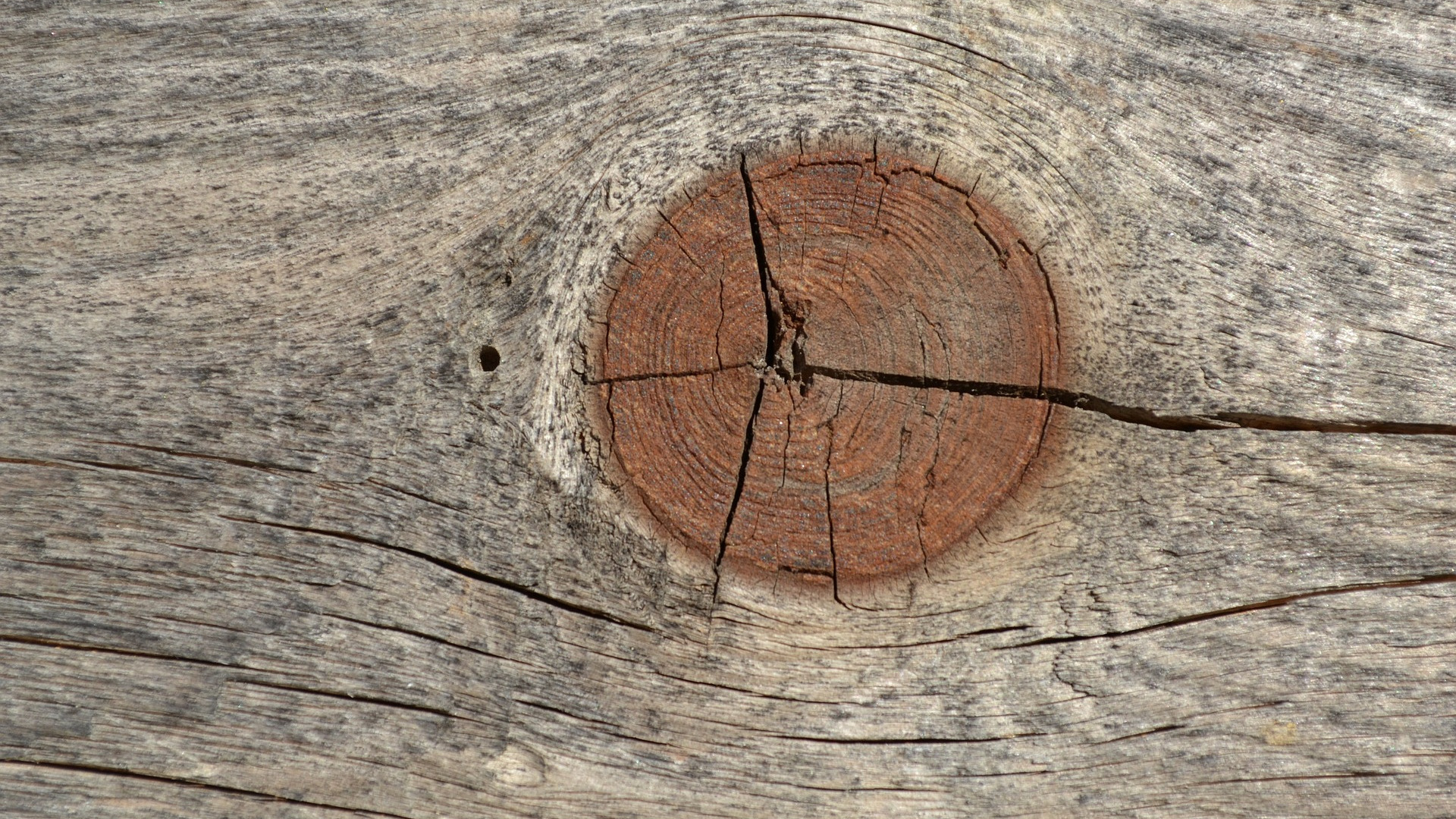Anal Fissures: Causes, Symptoms, and Remedies
An anal fissure is a small tear in the thin, delicate skin lining the anus. While often associated with passing hard stools or constipation, fissures can also result from chronic diarrhea, inflammation, or underlying medical conditions like Crohn's disease. They are a common and painful condition, but with proper care and treatment, most anal fissures heal within a few weeks.
This article explores the causes, symptoms, home remedies, and over-the-counter (OTC) treatments for managing and preventing anal fissures.
What Causes Anal Fissures?
Anal fissures occur due to excessive stretching or trauma to the anal lining. Common causes include:
- Constipation: Passing hard, dry stools can tear the delicate skin of the anus.
- Diarrhea: Frequent bowel movements can irritate and inflame the anal area.
- Straining: Excessive straining during bowel movements increases pressure on the anal tissue.
- Underlying Conditions: Conditions like Crohn's disease or other inflammatory bowel diseases (IBD) can predispose individuals to fissures.
- Other Causes: Anal fissures may also result from childbirth, anal sex, or certain infections like HIV or tuberculosis.
Symptoms of Anal Fissures
Signs and symptoms of anal fissures include:
- Sharp Pain: Pain during and after bowel movements, ranging from mild discomfort to severe pain lasting hours.
- Bright Red Blood: Blood on toilet paper, in the toilet bowl, or on the stool.
- Itching or Irritation: Persistent itchiness or soreness around the anus.
- Visible Tear: A crack or tear in the anal skin, visible during examination.
- Skin Tag: A small lump or skin tag near the fissure, often a sign of chronic fissures.
If symptoms persist beyond a few days or are accompanied by other concerning signs, such as significant bleeding or systemic illness, seek medical attention.
When to Seek Medical Attention
Consult a healthcare provider if symptoms persist or worsen despite home remedies and OTC treatments. Chronic fissures may require:
- Prescription Treatments: Topical nitroglycerin or calcium channel blockers can increase blood flow and promote healing.
- Botox Injections: Relax the anal muscles to reduce pressure on the fissure.
- Surgical Intervention: Lateral internal sphincterotomy may be recommended for severe or unresponsive cases.
Preventing Anal Fissures
Maintain Regular Bowel Habits
Prevent constipation and diarrhea by adopting a balanced diet, staying hydrated, and avoiding processed foods.
Practice Good Hygiene
Keep the anal area clean and dry:
- Use unscented wipes or warm water to clean gently after bowel movements.
- Avoid harsh soaps or rough toilet paper.
Exercise Regularly
Physical activity improves digestion and prevents constipation.
Manage Stress
Stress can contribute to digestive problems, so incorporate stress-relief techniques like yoga or meditation into your routine.
Home Remedies for Anal Fissures
Anal fissures, while painful, are often manageable with proper care and lifestyle changes. From sitz baths and dietary adjustments to OTC remedies like stool softeners and numbing creams, numerous ways exist to alleviate discomfort and promote healing. However, if symptoms persist, it's important to consult a healthcare provider for further evaluation and treatment.
By adopting preventive measures and maintaining good bowel habits, you can reduce the risk of anal fissures and improve overall rectal health.
Diet Modifications
Maintaining a fiber-rich diet is key to preventing and healing anal fissures:
- High-Fiber Foods: Include fruits, vegetables, whole grains, and legumes to soften stools and promote regularity.
- Avoid Irritants: Reduce intake of spicy foods, caffeine, and alcohol, which may worsen irritation.
Stay Hydrated
Drinking plenty of water ensures that stools remain soft and easy to pass. Aim for at least 8–10 glasses of water per day. Avoid drinking water during meals to prevent diluting digestive juices.
Warm Sitz Baths
A warm sitz bath can relieve pain and promote healing:
How to Use:
- Fill a basin with warm water and sit in it for 15–20 minutes, 2–3 times daily.
- Adding Epsom salt can enhance the soothing and anti-inflammatory effects.
Coconut Oil or Olive Oil
Natural oils can act as lubricants and promote healing:
How to Use:
- Apply a small amount of coconut or olive oil to the affected area to reduce friction and irritation.
Aloe Vera
Aloe vera has natural anti-inflammatory and healing properties:
How to Use:
- Apply fresh aloe vera gel to the fissure for soothing relief and faster healing.
Stool Softeners
Softening stools can prevent further trauma to the fissure:
- OTC Options: Polyethylene glycol (e.g., Miralax) or docusate sodium (e.g., Colace) can soften stools and reduce strain during bowel movements.
Avoid Straining
To reduce pressure on the anal area:
- Avoid holding in bowel movements.
- Use a stool or squatty potty to adopt a more natural posture during defecation.
Topical Numbing Agents
Lidocaine-containing creams or gels can temporarily relieve pain:
How to Use:
- Apply as directed to the affected area before bowel movements.
Hydrocortisone Creams
Hydrocortisone reduces inflammation and itching:
How to Use:
- Use as a short-term remedy for irritation, as long-term use may thin the skin.
Petroleum Jelly
Applying petroleum jelly can reduce irritation and create a protective barrier.
Fiber Supplements
If dietary fiber is insufficient, consider fiber supplements like psyllium husk or methylcellulose to ensure regular bowel movements.
Pain Relievers
Nonsteroidal anti-inflammatory drugs (NSAIDs), such as ibuprofen, can help manage pain and inflammation.



